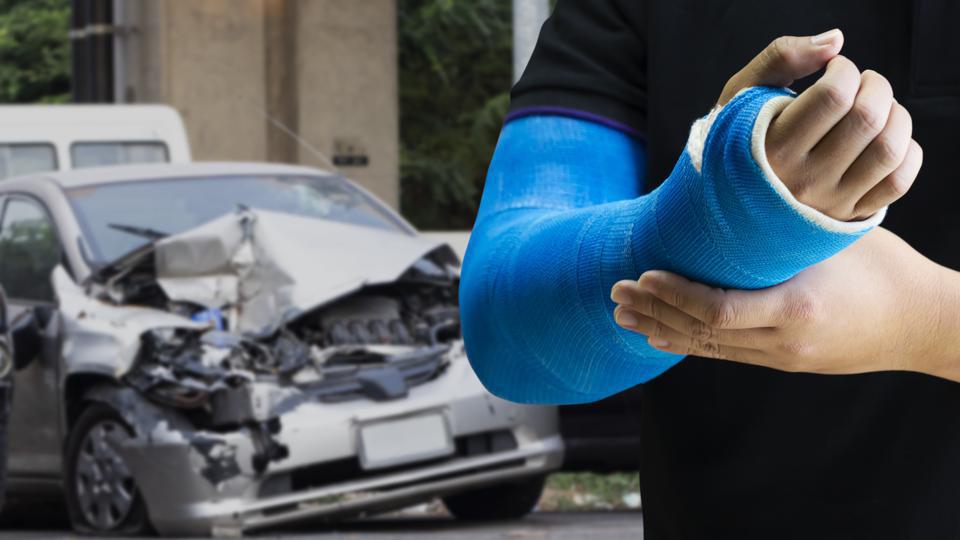
Physical healing is only one aspect of recovering from an accident. Mental health is also an essential but frequently disregarded component of the process. You may have survived a vehicle crash, but the impact still affects you physically and mentally long after healing. Statistics show that nearly 50% of car accident survivors live with post-traumatic stress disorder (PTSD).
The emotional impact can have significant effects on your thoughts, feelings, and general state of well-being. It takes more than simply putting damaged bones together to return to normal. We can explain resilience narrative to help you understand the complex balance between mental and physical recovery.
This story tells the unnoticed account of accident recovery, where emotional health plays a crucial role in helping people whose lives have been disrupted by unforeseen circumstances. Let us explain why mental well-being should be a priority for accident victims.
Facilitates trauma recovery
The mental wounds are like invisible cracks inside. In the complex web of accident recovery, they must be healed. The process of recovering from trauma is not straightforward but is an intricate process that needs recognition and expert care.
Look for ways to process and work through the emotional fallout from the event by including mental health within your rehabilitation plan. Support groups, therapy, and counseling all play a critical role in enabling an in-depth healing process that helps trauma survivors face and overcome the psychological effects of their experiences
Expedites physical healing
One crucial factor in the field of recovery is the mind-body link. Numerous scientific research have demonstrated the mutually beneficial relationship between mental and physical health. The body reacts to medicinal treatments more effectively when mental health improves.
It can impact things like inflammation, the immune system, and general adaptability, creating an atmosphere favorable for physical healing. By incorporating these techniques into the healing process, physical injuries can heal more quickly, leading to a more rapid recovery pathway.
Prevents long-term psychological issues
Untreated trauma can have a lasting effect, resulting in a variety of psychological problems. It might emerge years after the initial physical injuries have healed. Early access to mental health services serves as a preventive against the growth of chronic disorders such as depression, anxiety, and post-traumatic stress disorder (PTSD).
Through early detection and the provision of coping methods, it is possible to strengthen individuals’ mental capacities and minimize the likelihood of long-lasting psychological issues that may otherwise persist for years.
Reduces the likelihood of accidents
A healthy state of mind goes a long way toward helping someone navigate the world securely. A key component of accident recovery is integrating mental health by treating any residual stress, anxiety, or worry from the event. According to experts, victims should seek the psychological resources they need to rebuild their self-esteem and resilience.
The good thing is that you can legally seek compensation for these therapies if injured due to another person’s negligence. Look for a local expert, such as a Long Island Auto Accident Attorney, for an accident in the Long Island area. Since local lawyers know the state-specific guidelines and statutes, they can help you maximize compensation so that you do not need to stress about the cost of therapy.
Ensures comprehensive care
Real healing includes mental and emotional health in addition to the physical sphere. Understanding the relationship between physical and emotional health is essential to an all-encompassing approach to accident healing. Individuals who neglect their mental health may experience an inadequate healing process.
Seek holistic well-being by guaranteeing all-encompassing care that takes mental and bodily components into account. This gives people the assistance they require to start over after a traumatic event.
Improves overall quality of life
A higher quality of life is created by combining trauma rehabilitation with accelerated physical healing. In the healing process, mental health is not a secondary concern. It is the primary focus that unites the whole process.
Regaining a sense of regularity, finding joy again, and rebuilding your life with strength are possible by receiving holistic therapy that supports both your body and mind. A more contented and gratifying life leads to better mental health, which has a good knock-on effect on all aspects of one’s life.
Conclusion
Incorporating mental health into accident recovery is not an option; it is a requirement. Create the conditions for a more thorough recovery process by recognizing the significant effects of trauma on the mind and integrating mental health services. This approach can protect you from the long-lasting effects of untreated trauma in addition to ensuring rapid recovery from physical injuries.